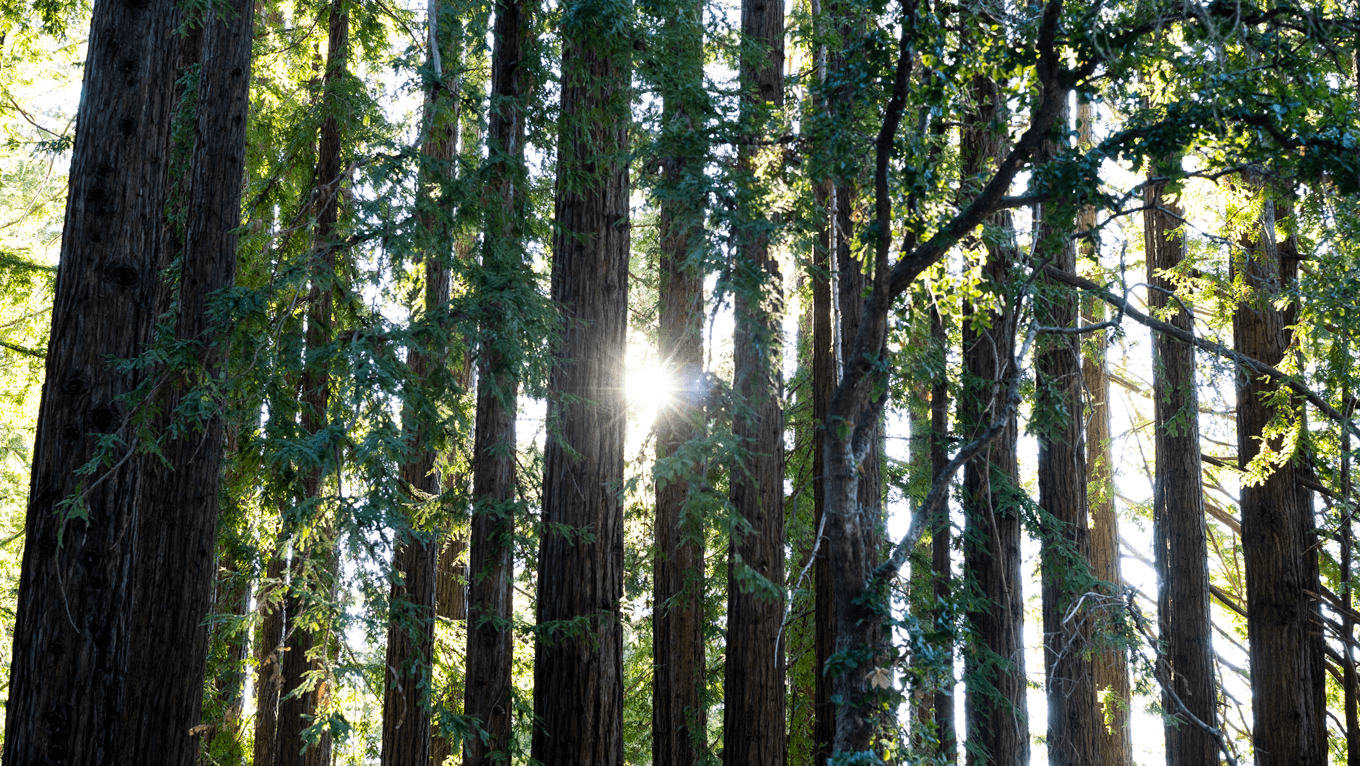Date: April 21-23, 2024
Place: Cowell Ranch Hay Barn at UC Santa Cruz
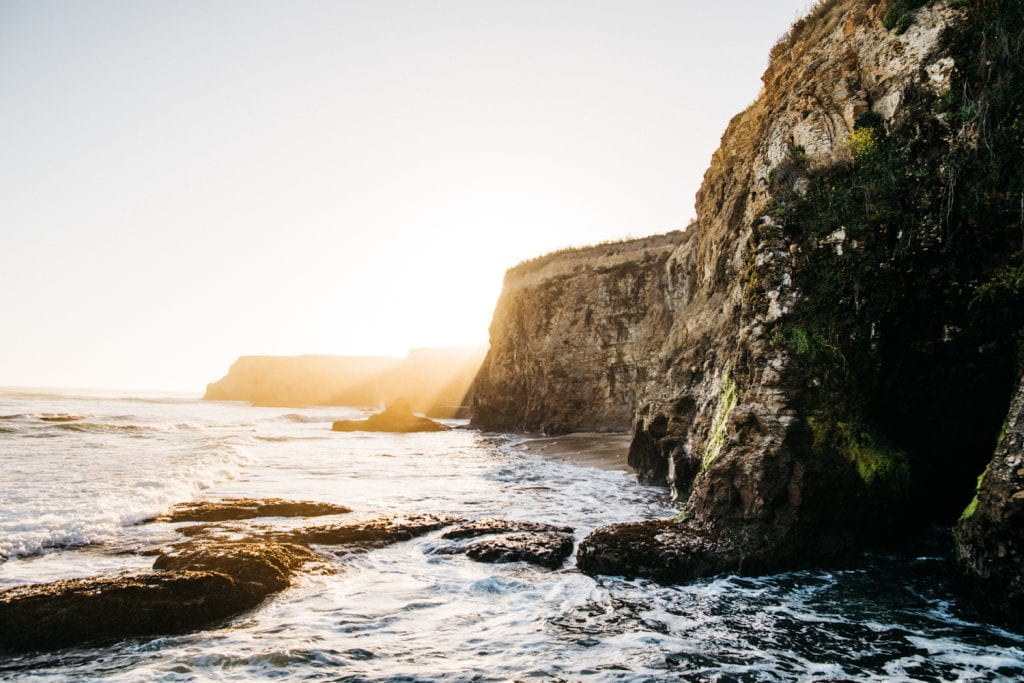
The urgency and magnitude of the climate crisis warrants collective action across academic disciplines. A number of challenges currently limit the engagement of academics and students in climate action and climate research. However, the nature of the climate crisis also offers an unprecedented opportunity to transform our institutions to make them more equitable, resilient and interdisciplinary in focus. This will be a high-level meeting targeted at key academic leaders, and provide an opportunity to share ideas and discuss the successes and failures of efforts to generate impactful climate action across disciplines.
While academic endeavors dealing with significant societal issues are not new and are often interdisciplinary and community-engaged, the climate crisis poses several unique challenges. Climate change itself threatens the viability of academic institutions themselves, in everything from the viability of our infrastructure to the capacity to adapt and sustain the academic enterprise. Climate change also draws on an exceptional breadth of discourse, from fundamental science and engineering, to social sciences, humanities and arts. Time is of the essence, and academic institutions are often by design slow to adapt and committed to thoughtful and engaged approaches to change, our goal is to discuss and develop immediate and actionable opportunities for academia to be more nimble in addressing the urgency of climate change. Climate change is touching everyone, everywhere, and is changing how we live and work. We must act now.
The agenda will be established by asking for input from participants. Examples of topics include:
- How to incentivize faculty to extend their own expertise to enhance both their comfort and their effectiveness to teach integrated courses that span (for example) from science and engineering, to social science to policy.
- How to identify, appoint, and support interdisciplinary faculty who do not neatly fit in the context of existing departmental structures.
- How to assess/establish a merit review process for interdisciplinary faculty.
- How to build pathways for training problem-solvers at all levels: undergraduate, graduate, postdocs, staff and faculty.
- How to implement effective structural change: Centers, Schools, PhD programs, majors and secondary fields.
- How to create change in a way that is nimble and effective given the strong time constraints imposed by the climate crisis
The workshop will conclude with a summary of key points and will identify clear action items that participants can take back to their respective institutions. The workshop will produce a product such as a white paper, a news article, or a list of recommendations.
Format and Application
This is an in-person workshop only.
Most participants will be invited participants, however, we have also set aside some slots for general participants.
If you are an invited participant, please register here.
If you are interested in joining the workshop, please apply here by February 20th. We will review general applications for guest participants and send out decisions by March 15th.
Workshop Schedule
Sunday, April 21
6:00 pm Dinner at Olitas on the Santa Cruz Wharf
Monday, April 22
8:00 am Shuttle departs the Dream Inn for UCSC
8:20 am Check in and breakfast – Cowell Ranch Hay Barn at UC Santa Cruz
8:40 am – 4:30 pm Talks, lunch, breakout sessions
4:30 pm Tour of the UCSC Farm & Garden
6:00 pm Dinner
8:00 pm Shuttle back to hotel
Tuesday, April 23
8:00 am Shuttle departs the Dream Inn for UCSC
8:20 am Check in and breakfast
8:40 am – 12:00 pm Talks and breakout sessions
12:15 pm Lunch and adjournment
Key participants
- David Ackerly, Dean of Rausser College of Natural Resources, UC Berkeley
- Adam Aron, Professor in Psychology, UC San Diego
- Michael Beck, Director, Center for Coastal Climate Resilience, UC Santa Cruz
- George Blumenthal, Chancellor Emeritus, UC Santa Cruz
- James Bullock, Dean of Physical Sciences, UC Irvine
- Lindsay Bunce, Director, Sustainability, Simon Fraser University
- Kai Burrus, Professor of Biology, San Francisco State University
- Anne Criss, Assistant Dean and Chief of Staff, Baskin Engineering at UC Santa Cruz
- Chad English, Science Program Officer David and Lucile Packard Foundation
- Sandra Faber, Director, Earth Futures Institute, UC Santa Cruz
- Amy Fleischer, Dean of Engineering, Cal Poly San Luis Obispo
- Fonna Forman, Professor, Political Science, UC San Diego; Co-Chair, UC Global Climate Leadership Council, UCOP
- Bryan Gaensler, Dean of Physical and Biological Sciences, UC Santa Cruz
- Nina Gray, Assistant Vice Provost for Research, New York University
- Charles Hale, Dean of Social Sciences, UC Santa Barbara
- Sharon J. Hall, Associate Dean & President’s Professor, Arizona State University
- Thomas Hansford, Vice Provost for Academic Personnel, UC Merced
- Lois Harder, Dean, Faculty of Social Sciences, University of Victoria
- Erika Check Hayden, Director, Science Communication Program, UC Santa Cruz
- Na’Taki Osborne Jelks, Assistant Professor, Environmental and Health Sciences, Spelman College
- Sébastien Jodoin, Associate Professor, McGill University, Faculty of Law
- Natalie Lake, Program Manager David and Lucile Packard Foundation
- Alexie Leauthaud, Astrophysics professor, UC Santa Cruz
- David Lodge, Director of the Cornell Atkinson Center for Sustainability
- Tamara Metz, Associate Dean of the Faculty, Reed College
- Katharyne Mitchell, Dean, Division of Social Sciences, UC Santa Cruz
- Angela Oberg, Chief Climate Officer & Senior Director for Climate Action & Sustainability, Rutgers University
- Eric Palkovacs, Associate Vice Chancellor for Research, Professor Ecology and Evolutionary Biology, UC Santa Cruz
- Kilim Park, Manager, Research Sustainability, Simon Fraser University
- Jennifer Parker, Professor, Environmental Art and Social Practice, UCSC, OpenLab Collaborative Research Center
- Jonathan Payne, Dorrell William Kirby Professor and Senior Associate Dean for Faculty Affairs, Stanford University
- Deepak Rajagopal, Associate Professor, UCLA
- Candace Ratelle, Executive Director, SFU Sustainability, Simon Fraser University
- Caroline Roffe, Communications David and Lucile Packard Foundation
- Gaurav Sant, Pritzker Professor of Sustainability, and Director, Institute for Carbon Management, UCLA
- Alison Shaw, Executive Director, Community-Centered Climate Innovation, Simon Fraser University
- Valerie Sabol, Climate Commitment Advisory Council, Duke University
- Cecil Scheib, Chief Sustainability Officer, New York University
- Fatemeh Shafiei, Director of Environmental Studies, Associate Professor of Political Science, Spelman College
- Raymon Shange, Associate Dean, Tuskegee University
- Alison Shaw, Executive Director, SFU Climate Innovation, Simon Fraser University
- Kara Shaw, Professor, School of Environmental Studies, University of Victoria
- Sara Smiley Smith, Assistant Provost for Planetary Solutions, Yale University
- Mark Stacey, Civil and Environmental Engineering, UC Berkeley
- Amanda Stoltz, UC Santa Cruz
- Chris Stubbs, Dean of Science, Harvard University
- Alexander Wolf, Dean, Baskin School of Engineering at UC Santa Cruz
- Joseph Zaug, PhD, Sr. Scientist and CPM, Lawrence Livermore National Laboratory
- Julie Zimmerman, Vice Provost of Planetary Solutions, Yale
Organizing Committee
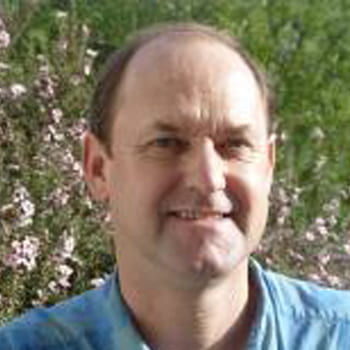
David Ackerly, Dean of Rausser College of Natural Resources, Berkeley, dackerly@berkeley.edu
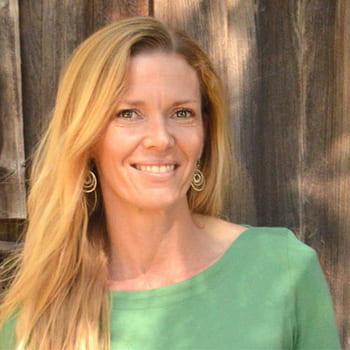
Anne Criss, Assistant Dean and Chief of Staff of the Baskin School of Engineering, UC Santa Cruz, acriss@ucsc.edu
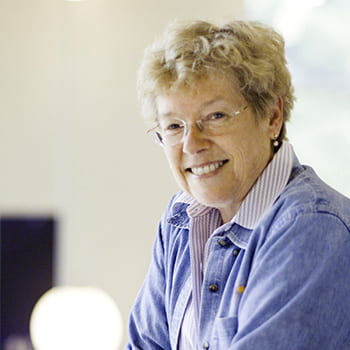
Sandra Faber, Professor in Astrophysics and director of the Earth’s Future Institute UC Santa Cruz
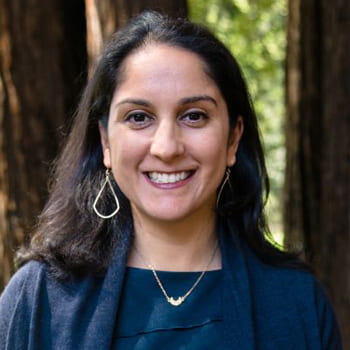
Sikina Jinnah, Professor of Environmental Studies, UC Santa Cruz, sjinnah@ucsc.edu
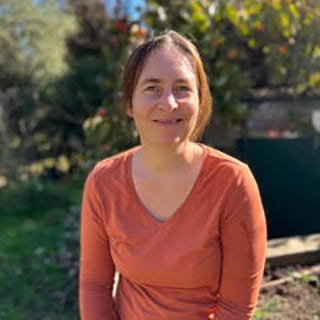
Alexie Leauthaud, Professor in Astrophysics, UC Santa Cruz alexie@ucsc.edu
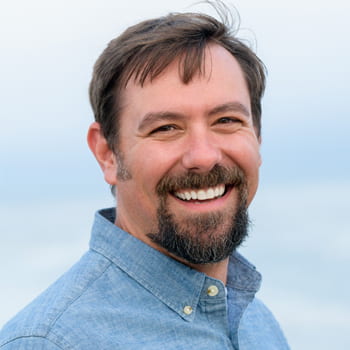
Eric Palkovacs, Associate Vice Chancellor for Research, UCSC epalkova@ucsc.edu
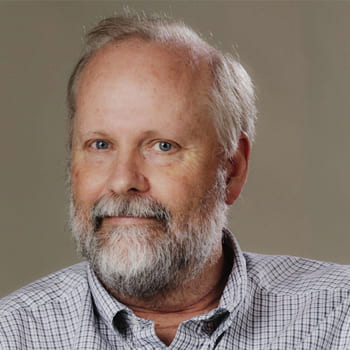
Christopher Stubbs, Dean of Science, Harvard, stubbs@g.harvard.edu
Hosts and Supporters
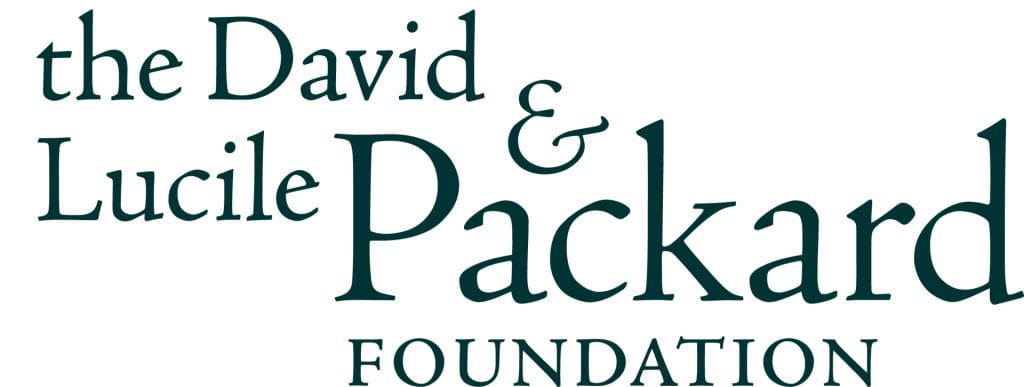

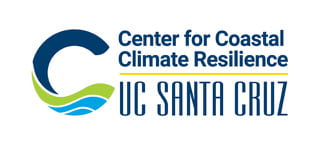

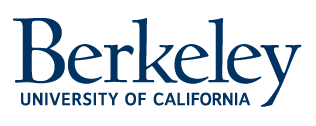

Last Updated:

